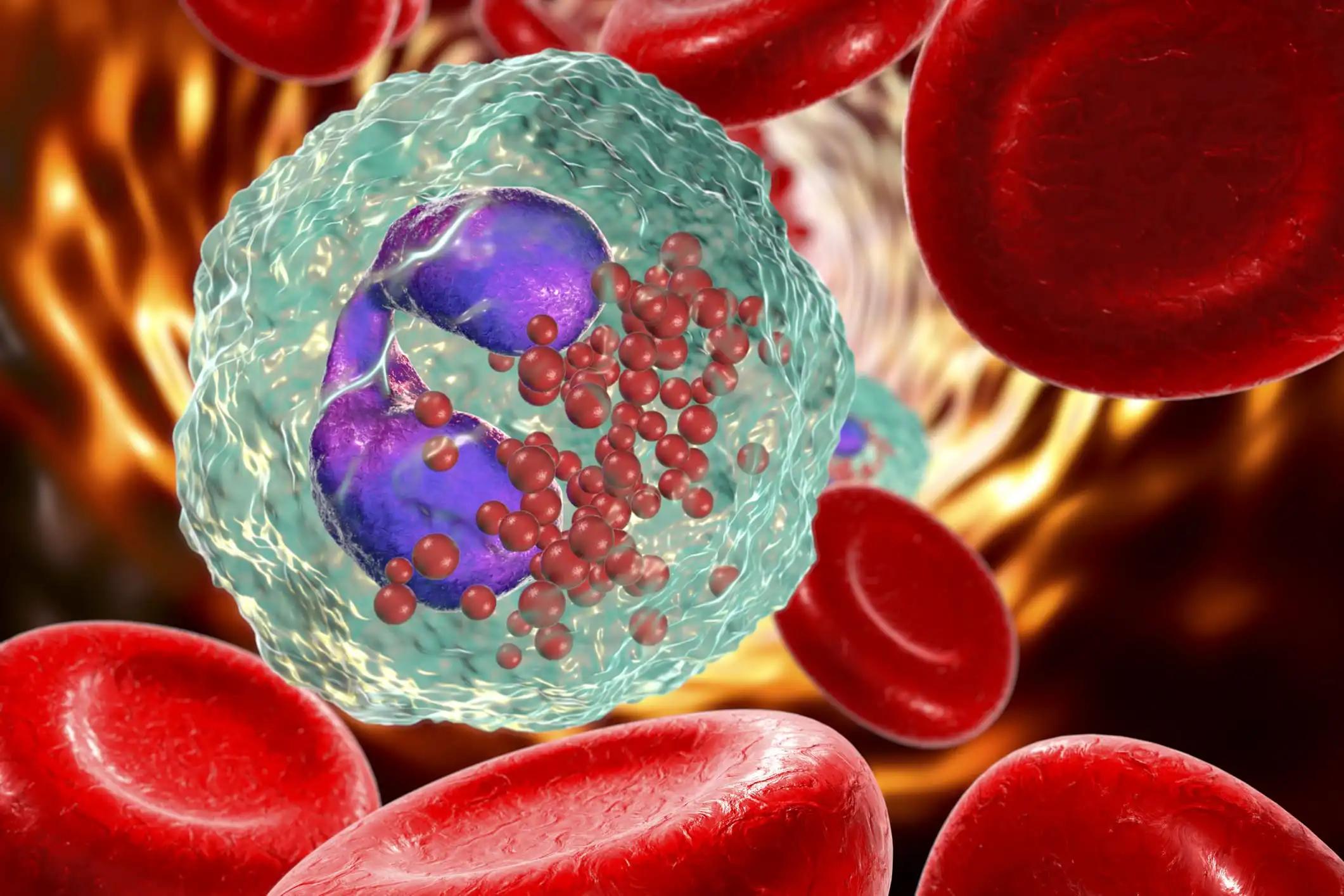KEY TAKEAWAYS
- The phase 3b ReFocus trial evaluated the initial efficacy of RLY-4008 in patients with a FGFR2 f/r, FGFRi-naïve CCA.
- ReFocus study evaluated RLY-4008 in FGFR2-fusion cholangiocarcinoma, showing promising ORR, DOR, and acceptable safety profile.
- RLY-4008 showed potent efficacy in FGFR2-fusion cholangiocarcinoma, with an impressive overall response rate (ORR) of 88% at the recommended phase 2 dose (RP2D).
- Most patients (68%) remained on treatment for a median duration of 6 months, with responses ongoing and one patient achieving near-complete response and curative tumor resection.
- RLY-4008 shows promise for FGFR2-fusion cholangiocarcinoma; pivotal testing is ongoing in the ReFocus study
Prior non-selective FGFR inhibitors have confirmed that FGFR2 f/r is a viable target in CCA, as evidenced by an objective response rate (ORR) of approximately 20-40% and a duration of response (DOR) of approximately 5-9 months. Nevertheless, the efficacy of these treatments is restricted by the emergence of polyclonal FGFR2 resistance and off-target toxicity. RLY-4008 is a novel and potent FGFR2 inhibitor that exhibits high selectivity. It has been specifically designed to target driver alterations and FGFR resistance mutations. The following is a presentation of the preliminary effectiveness of RLY-4008 in patients diagnosed with cholangiocarcinoma who possess an FGFR2 fusion or rearrangement and have not previously received treatment with an FGFR inhibitor. The Phase 1/2 clinical trial (NCT04526106), known as ReFocus, involved enrolling patients with advanced solid tumors. These patients were administered RLY-4008 orally, either once or twice daily, at doses ranging from 20 to 200 mg. The primary endpoints included the investigator-evaluated objective response rate according to the Response Evaluation Criteria in Solid Tumors version 1.1, duration of response, and safety. The safety of all dosed patients was analyzed, while the efficacy was evaluated in patients with FGFR2 f/r and FGFRi-naïve CCA, who had measurable disease and at least two tumor assessments to confirm response.
As of August 1st, 2022, a total of 38 patients with FGFR2 f/r and no prior exposure to FGFR inhibitors were eligible for efficacy evaluation in the case of cholangiocarcinoma. The majority of patients were administered the recommended phase 2 dose (RP2D). A significant proportion of patients (68%) are currently undergoing treatment with a median duration of 6 months (ranging from less than 0.1 to 18.5 months). Significant effectiveness was noted at all dosages, especially at the recommended phase 2 dose (RP2D), with an overall response rate (ORR) of 88% (Table). A patient who received treatment at the recommended phase 2 dose (RP2D) exhibited a near-complete response, followed by a tumor resection with curative intent. The patient’s ovarian reserve is still immature, with the majority of follicular responses still in progress. Among the total number of doses administered (N=195), the prevailing treatment-related adverse events (TRAEs) observed were mild stomatitis (48%), palmar-plantar erythrodysesthesia (PPE) (46%), and xerostomia (31%). There were no observed grade 4/5 treatment-related adverse events (TRAEs). The RLY-4008 inhibitor exhibited promising characteristics as a next-generation treatment option for FGFR2 f/r and FGFRi-naïve CCA, potentially revolutionizing their therapeutic management. The ReFocus program is currently undergoing pivotal testing.
Source:https://oncologypro.esmo.org/meeting-resources/esmo-asia-congress/efficacy-of-rly-4008-a-highly-selective-fgfr2-inhibitor-in-patients-pts-with-an-fgfr2-fusion-or-rearrangement-f-r-fgfr-inhibitor-fgfri-naiv
Clinical Trial: https://clinicaltrials.gov/ct2/show/NCT04526106
J.O. Park, D.T. Wai Meng, A. Hollebecque, M. Borad, L. Goyal, A. Schram, P. Cassier, S.D. Kamath, E. Dotan, R. Kim, V. Sahai, C. Liao, M. Millward, D. Roda Perez, R. Blakesley, B. Wolf, V. Subbiah, R.K. Kelley, D. Oh/Efficacy of RLY-4008, a highly selective FGFR2 inhibitor in patients (pts) with an FGFR2-fusion or rearrangement (f/r), FGFR inhibitor (FGFRi)-naïve cholangiocarcinoma (CCA): ReFocus trial/Annals of Oncology (2022) 33 (suppl_9): S1454-S1484. 10.1016/annonc/annonc1123



